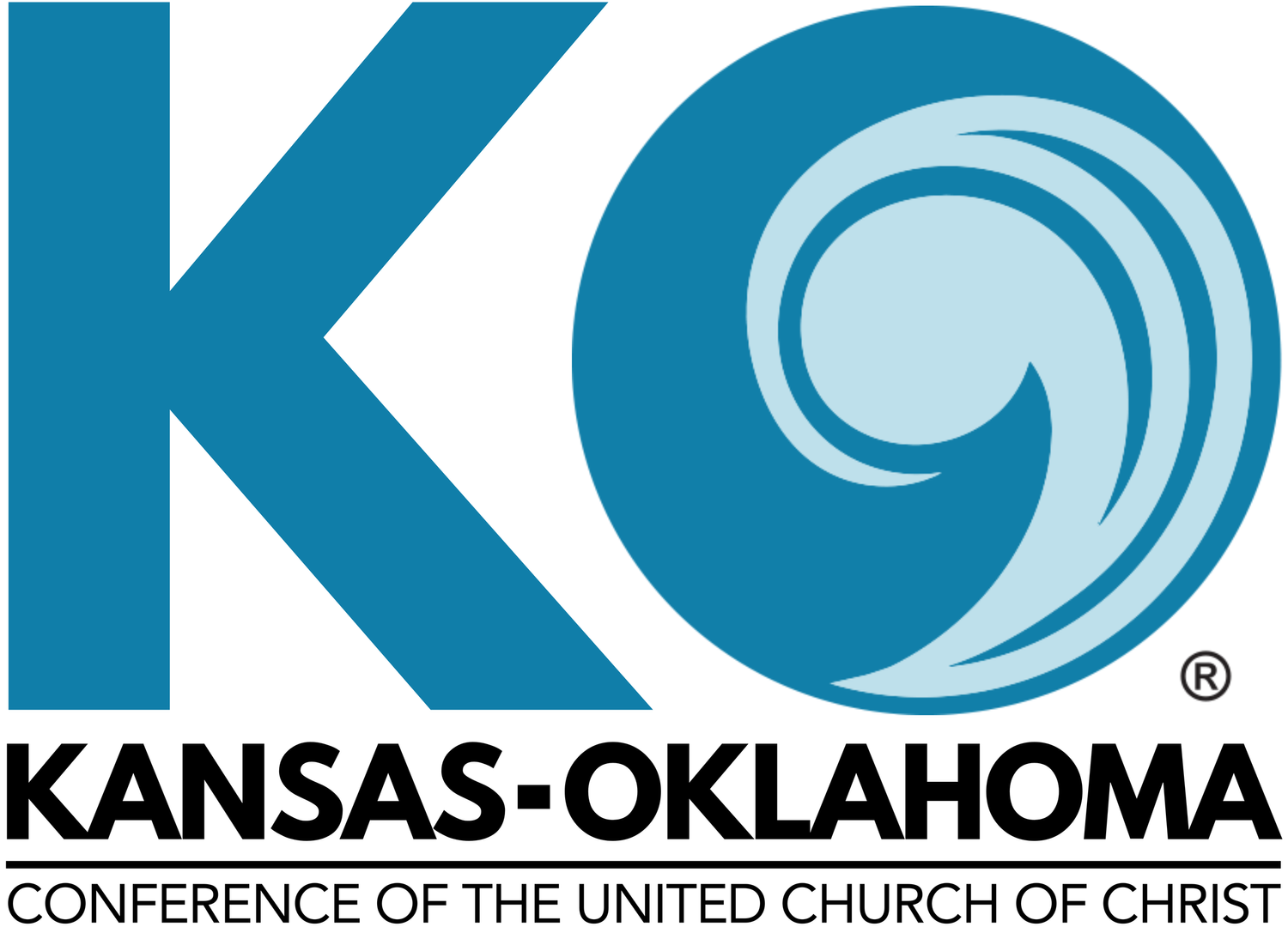Covenant Is More Than a Buzzword
written by Rev. Michael Vollbrecht
"And all those who had believed were together and had all things in common..." - Acts 2:44
I am a hopeful person. My partner, who is much more of a realist than I am, thinks this is something strange. He might have a point: hope, after all, is often hard to come by. I mean, look around! Life is so hard. The system is broken. Oppression, hurt, and anger surround us. So when someone tells me they just don't have it in them to be hopeful, I get it.
The early Christians were a hopeful community. We know that part of the distinctiveness of ancient Christian life was its emphasis on communal relationships. In the book of Acts, we read about these fledgling communities of Christians, often meeting in homes, who sought to share with one another and to hold 'all things in common.' This is a far cry from the rugged individualism we find in American society today.
Of course, they didn't quite get it right. We know this because of the letters that Paul writes which have become part of our New Testament. In fact, if the early Christians hadn't made mistakes or veered off course, there would have been very little for Paul to write about! Many of the epistles lay out Paul's theological arguments for why people are messing up, and what they can do about it. One of the enduring legacies of Paul's writing is his insistence that Jesus brings a new covenant into the world, a covenant which we share together.
This new covenant is not based on laws or rules, but on what resides deep within our hearts. It's about connection, and shared purpose. It is a way of being in the world that seeks to bolster the needs of the many over the demands of the few. It's emphasis is on working together for the common good, instead of the good of the one, or the good of an empire. To be in covenant with God is to be in covenant with one another, for God is found in our neighbors, our friends, and the strangers in our midst.
When I first joined the UCC and heard about the Kansas-Oklahoma Conference, I was excited. I viewed the Conference as a community of local churches working together for the common good of building the Realm of God in the Heartland. At my first annual meeting, I felt energized by so many delegates seeking to discover and share the work of God in our two states.
In the six years since that first annual meeting, I've learned a lot about KO and the state of our churches. I've learned that we are not as connected as I first thought. I've learned that some people struggle to understand what the Conference is, and some people haven't even heard of it! What I have discovered, however, is that nothing that the Conference does, and nothing that we wish it could do, can happen without us working together.
The Conference isn't Edith Guffey. The Conference isn't delegates sent to an annual meeting.
The Conference is You. It’s all of us.
In the United Church of Christ, we pride ourselves on our autonomy. We are proud of our local churches, and rightly so. But as much as we are a local people, we are also a covenant people. We are connected by our relationship to the Conference, and to the National Setting. As we begin General Synod activities next week, you may hear the familiar refrain, "the settings of the UCC [local, regional, and national] speak to, but not for, the rest." While I appreciate this sentiment, I wonder if we can do more to view our relationship in terms of covenant. I'd like to suggest a small update to this refrain.
What might it look like to speak as the Church, together? Could all of the parts that make up this body of Christ: the local church, the Conference, and the National Setting, speak with one another, embracing in hope and in covenant what each has to say? Can we see all of us, the whole Church, as one, instead of many? (John 17:21)
I invite us, the local churches in Kansas and Oklahoma, to live more deeply within this covenant relationship that we share. Let us learn more about one another, seek to understand one another more fully, and commit to working together for the common good and with a rallying-cry of justice for all. We might not get it right, after all we've been trying for over 2,000 years, but it's worth the effort.
Let's work with one another, wherever we are on the journey. For me, that's a hope-filled start, and I am ever hopeful.

